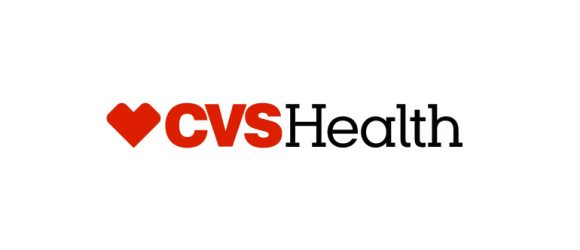UnitedHealth “Doubles Down” on Retail Clinics with Purchase of MedExpress

As consumers shoulder more healthcare costs – through deductibles, coinsurance and increased premiums – savings and convenience are proving to be strong forces in a market seeing more than its fair share of change. While many insurers may feel like they only need to survive these trends, others intend to thrive… and take up the challenge of capitalizing on disruption in the industry.
For the nation’s largest insurer, according to Healthcare Finance, one way to create opportunity in today’s market is with retail clinics: UnitedHealth has purchased MedExpress, which operates 140 retail clinics in 11 states, adding to the nine clinics they’ve been quietly operating. Although this isn’t the first major retail-based news in the healthcare industry (see our take on the implications of CVS changing its name to CVS Health), we believe this is the first time an insurer has entered the retail space in this way… and certainly at this scale.
Health care and retail have always had an interesting relationship. Sometimes, for example, insurers have opened retail locations for the purpose of selling health plans and providing in-person customer service, a strategy that typically meets with limited success. In 2014, Walmart partnered with DirectHealth.com to host insurance agents in over half of its stores. And vaccine clinics and other health checks have been popping up at drug stores and grocery stores for quite some time.
But, as insurers across the country seek new and innovative ways to control costs, this move by UnitedHealth is a far more interesting and important development. Operating its own retail health clinics is a great way for UnitedHealth to drive its members to lower cost providers, and the time is right: consumers are focused on out of pocket expenses, which now are less about copays and more about the actual costs of services.
The opportunity for UnitedHealth, and other insurers who may decide to enter the retail health space, may even be larger than meeting an emerging consumer need. In a payer’s own health clinic, for example, we can see the potential not only for cost-savings and brand-building but also for cross-selling of insurance products.
Will more insurers seek to open retail clinics? Time will tell, but it’s an interesting move and likely to have an impact on the ever-changing healthcare landscape.









